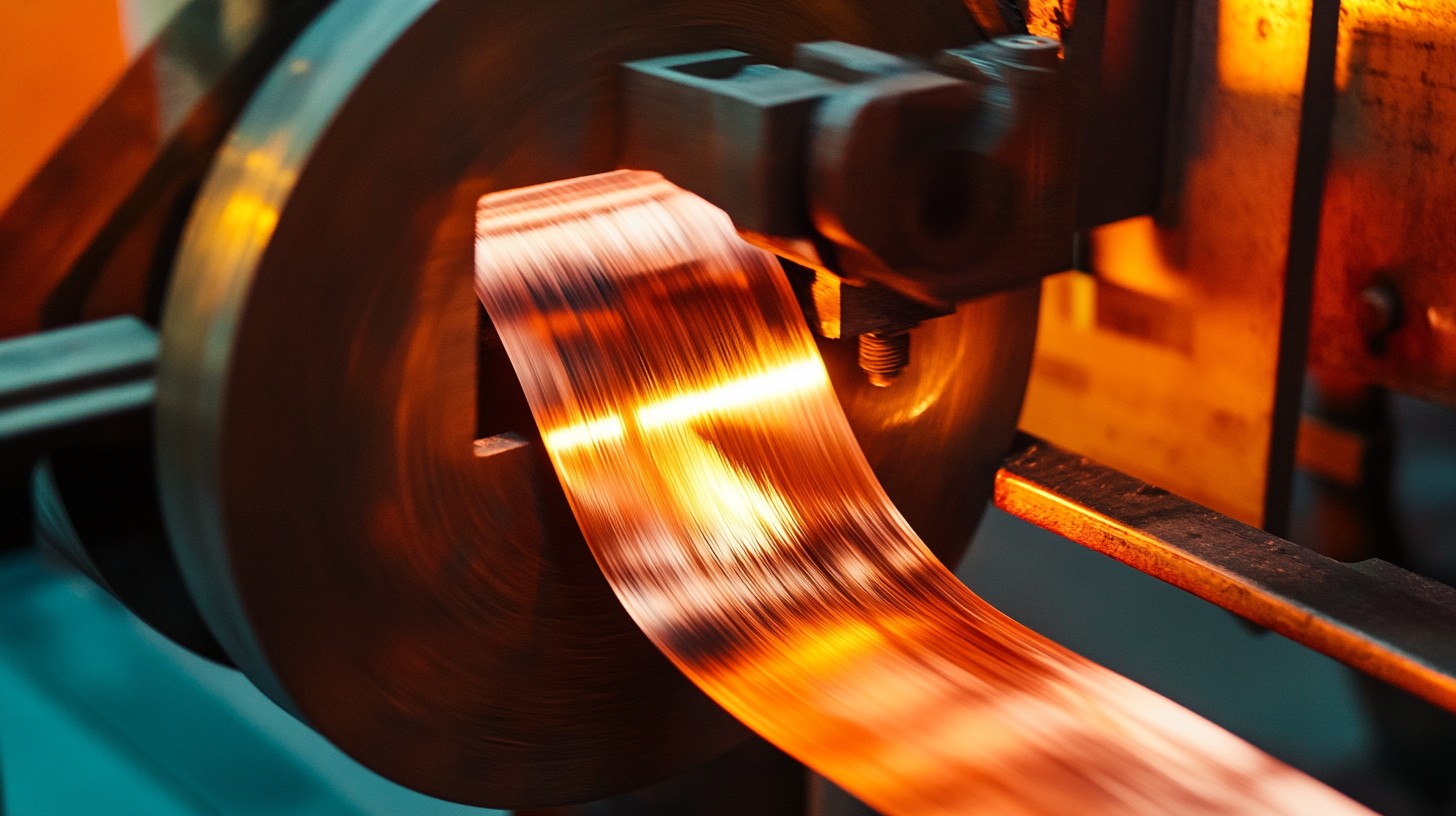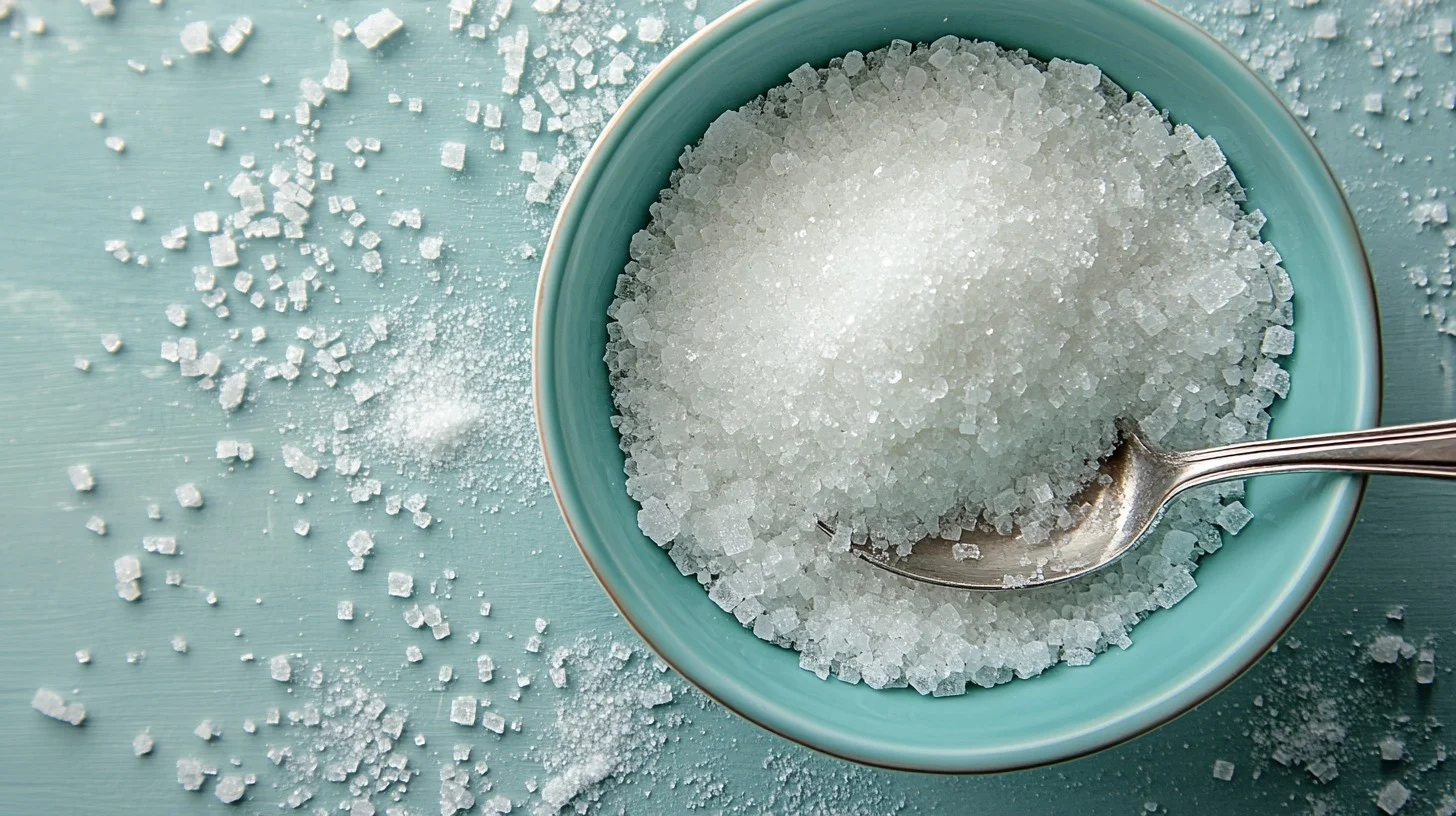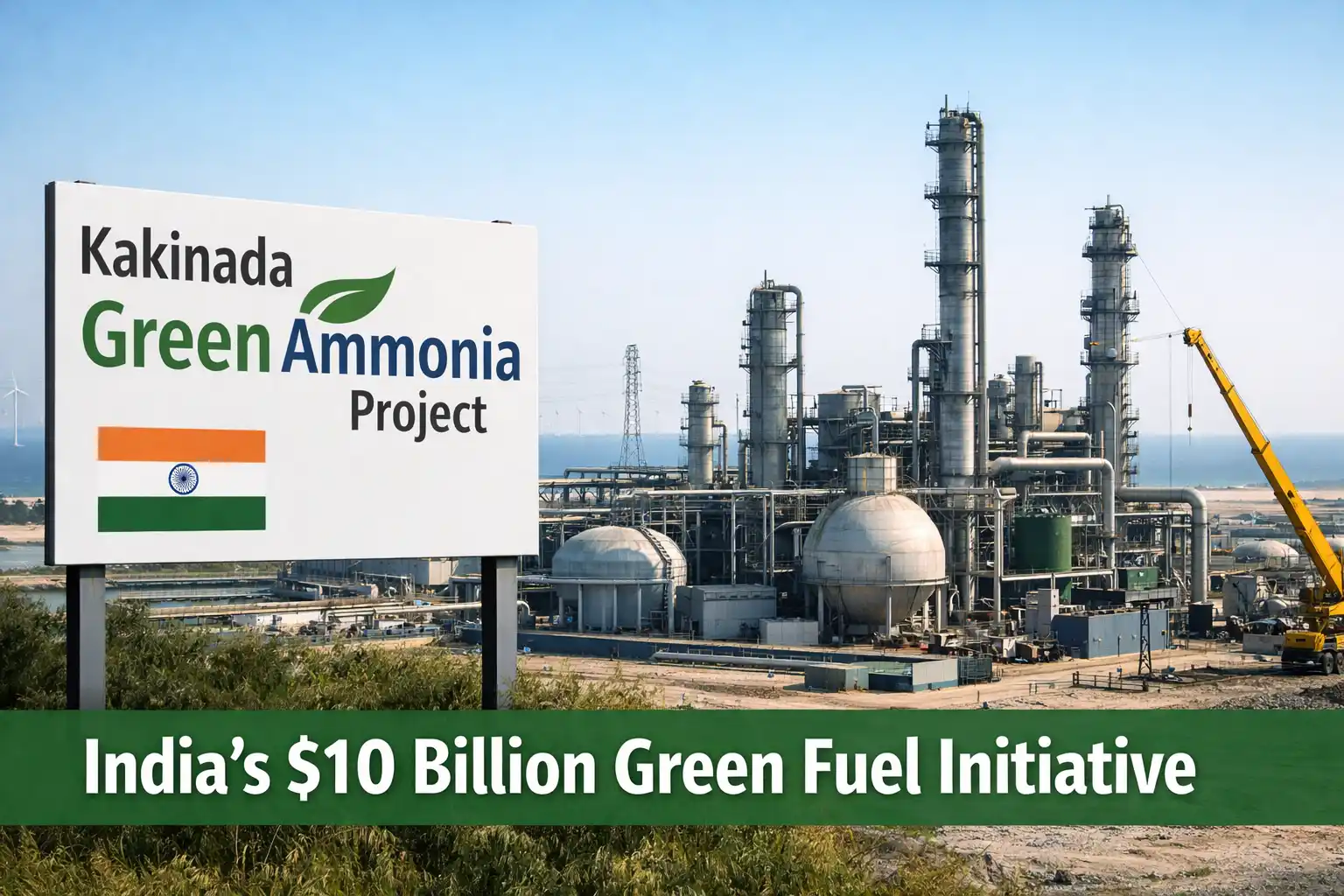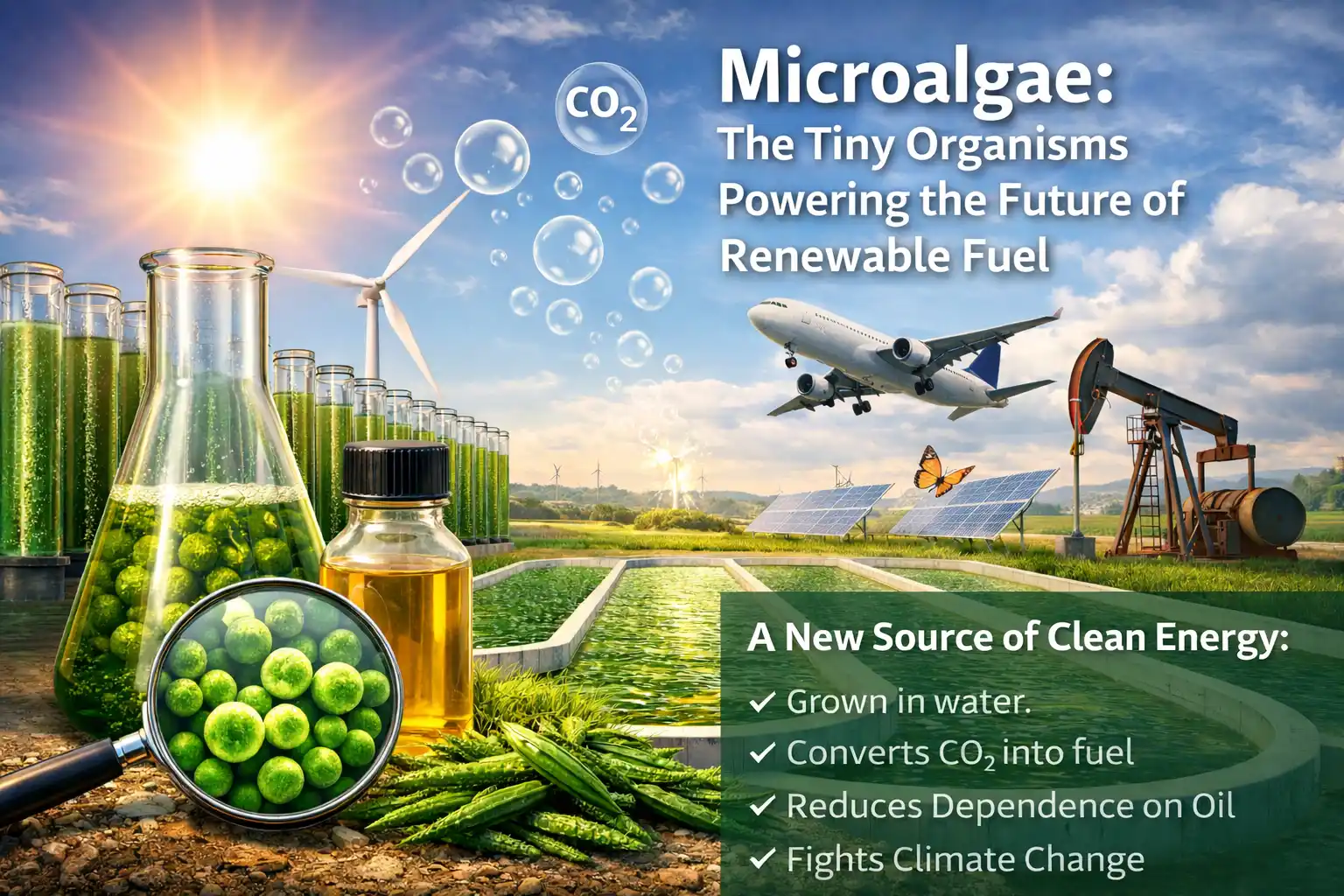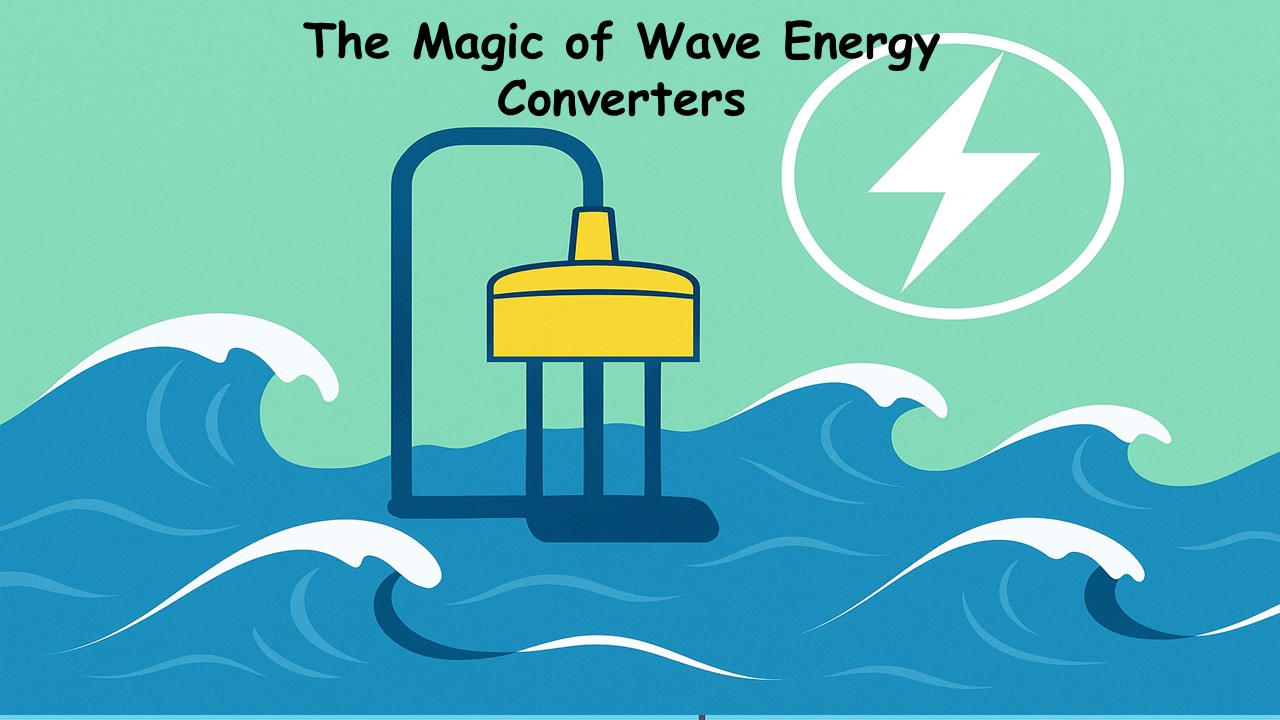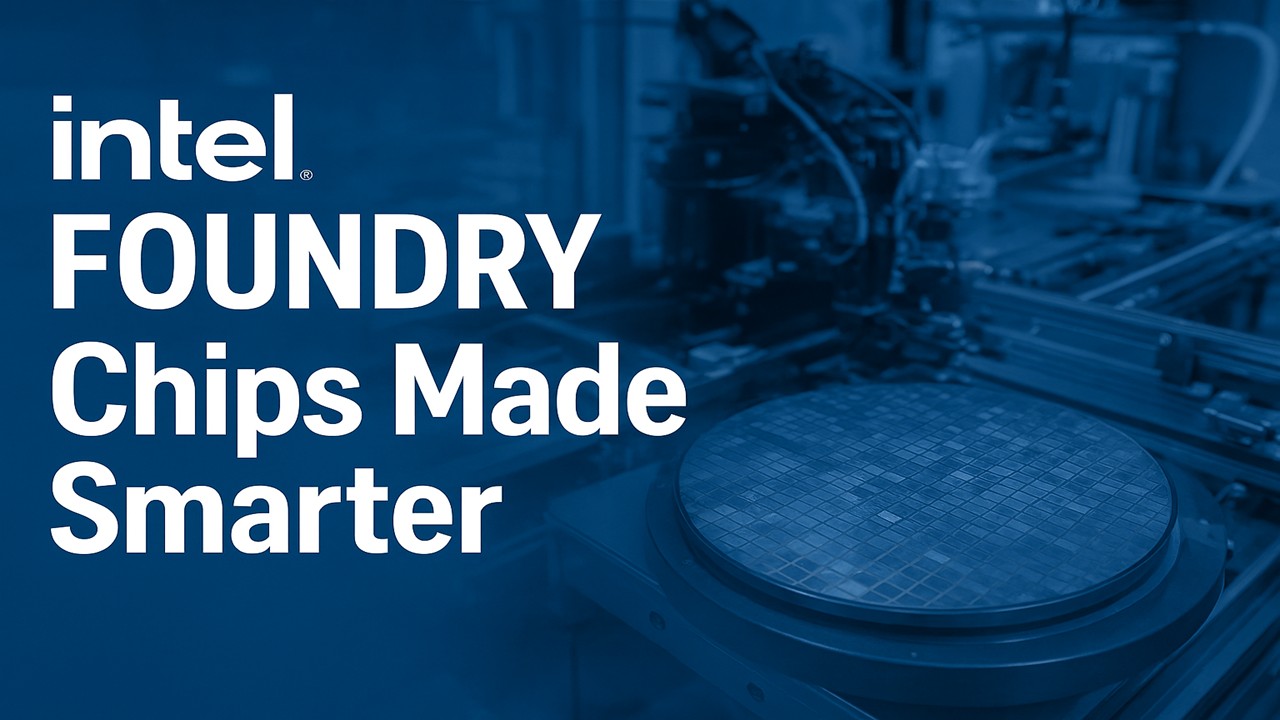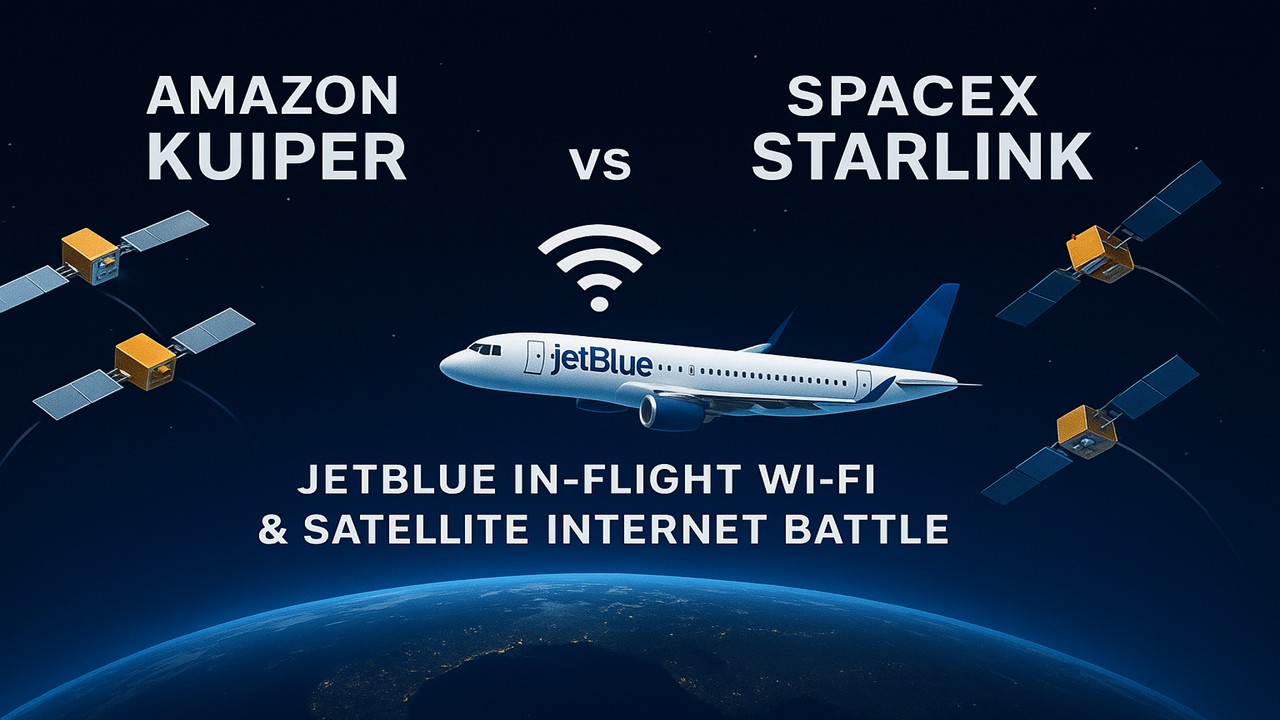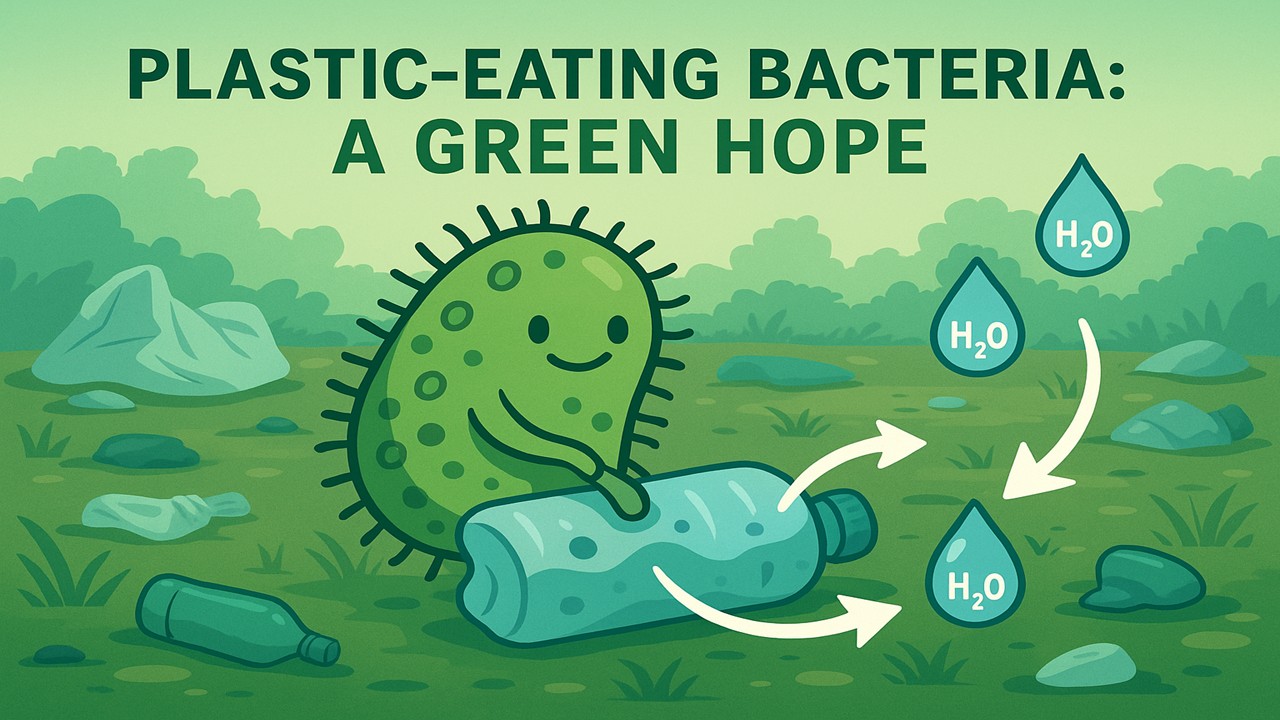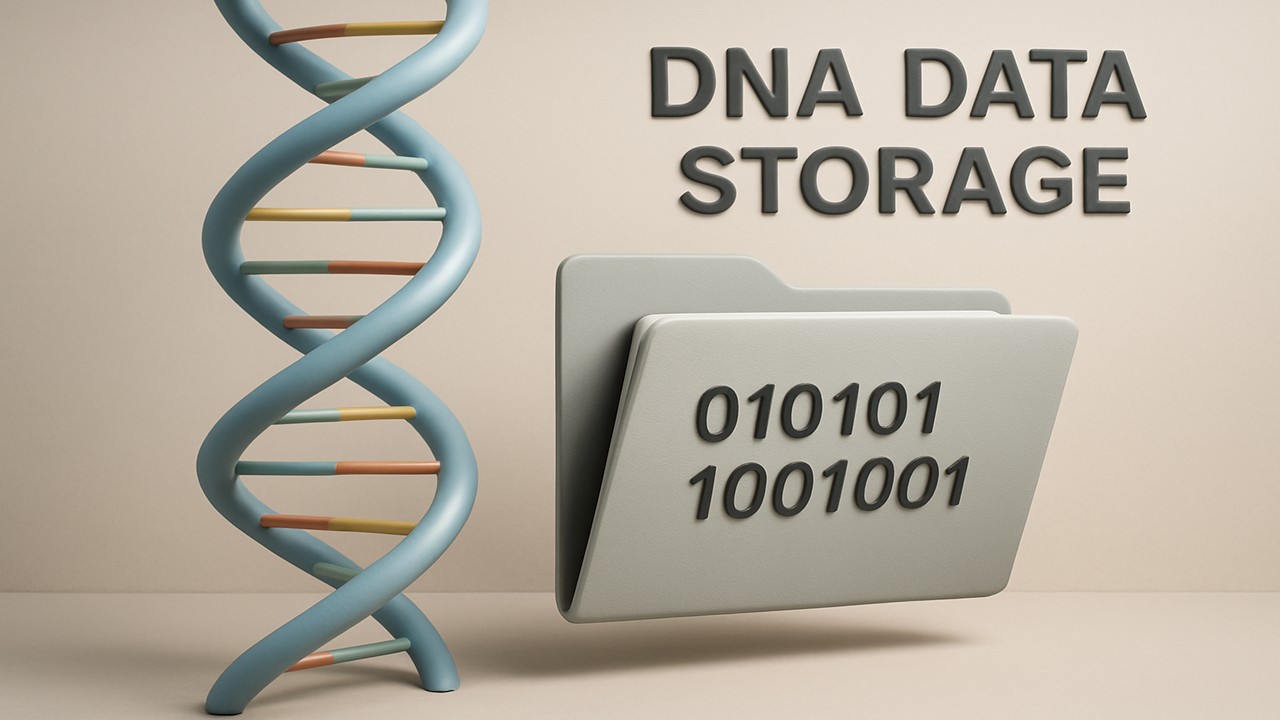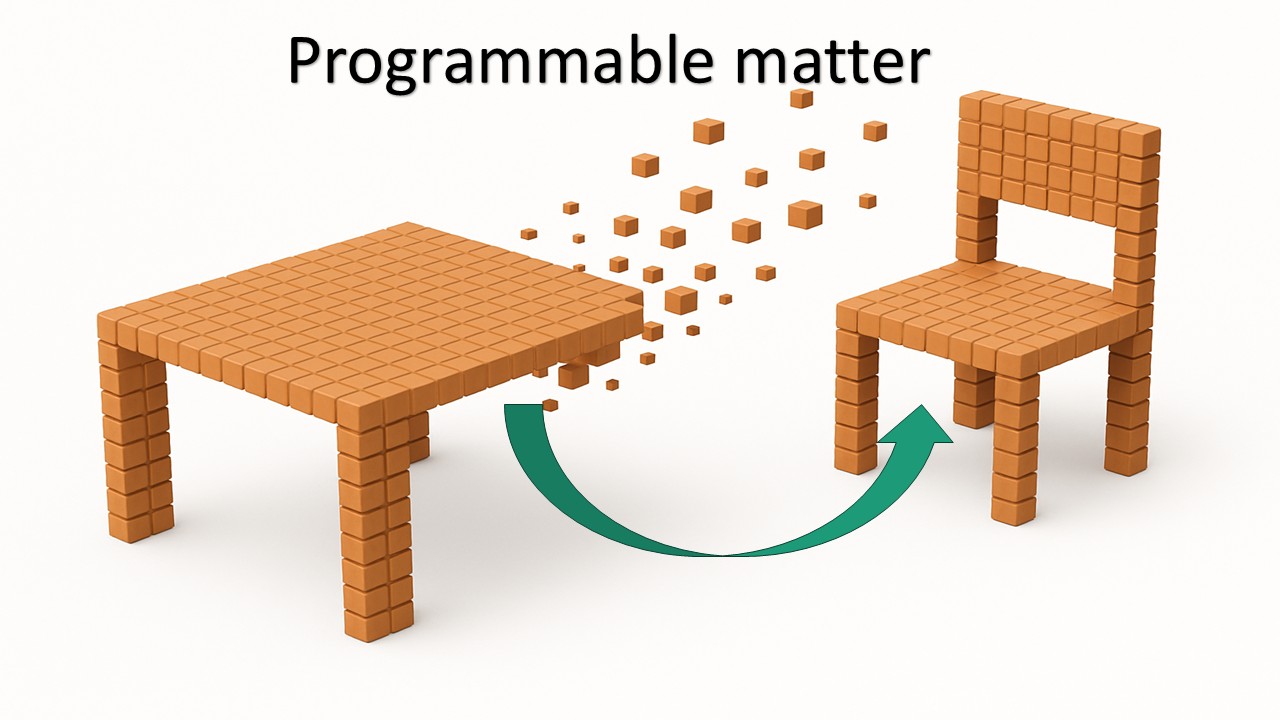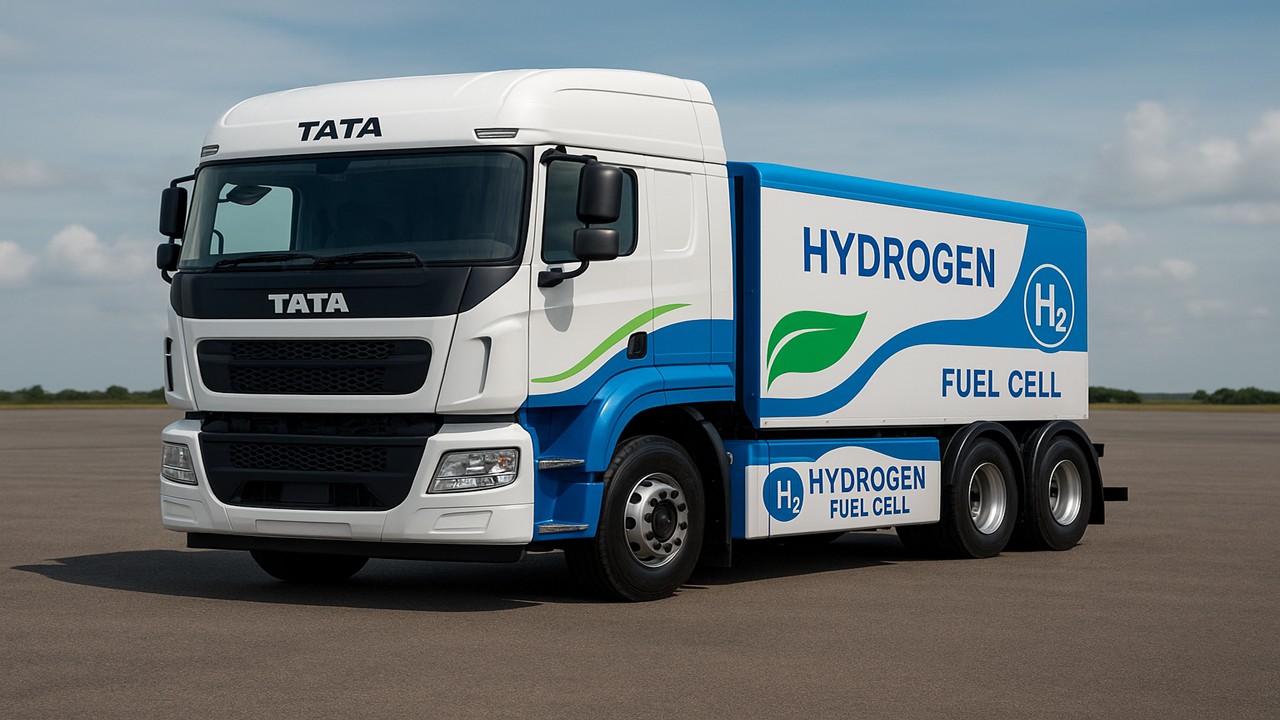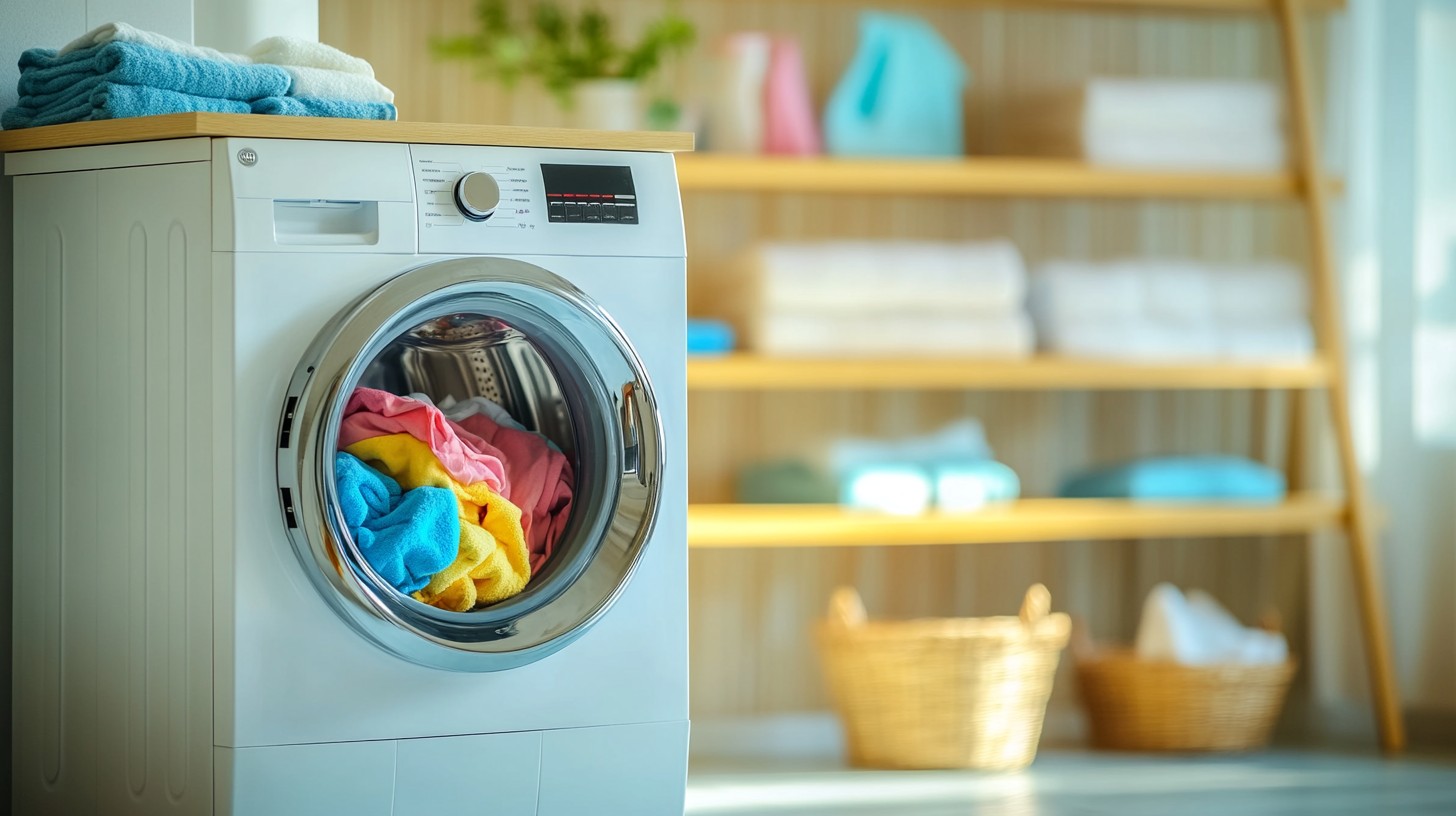
Unveiling the Suds of the Soap Industry
Imagine waking up to a world where soap no longer exists—where cleansing, hygiene, and skincare are just distant memories. Can you picture it? Now, let’s dive into an industry that has been around for centuries and remains a crucial part of our daily lives. The soap industry is a hidden giant, playing a vital role in global hygiene, skincare, and even the economy. But what makes soap so universally demanded? Let’s explore!
The Unsung Hero of Hygiene
Soap, in its simplest form, is a cleansing agent. But behind this humble product is a world of innovation, strategy, and growth that impacts billions of people every day. The soap industry is not just limited to household use but extends into personal care, cosmetics, healthcare, and even luxury markets. From its historical origins to modern-day formulations, soap has been a vital part of human civilization.
In this article, we’ll explore the global demand for soap, how it’s made, the different types available, the leading companies in the market, and the potential investment opportunities in this thriving industry. By the end, you’ll see why the soap industry is far from just a mundane part of our daily routine, but a dynamic sector with immense potential for future growth.
Global Demand for Soap: A Universal Necessity
Soap is one of the most basic products that touches almost every person across the globe. Whether it’s a bar of soap in the shower or a liquid soap dispenser at a public restroom, soap is integral to personal hygiene.
Worldwide Soap Demand
The global soap market was valued at approximately USD 25 billion in 2023 and is expected to grow steadily over the next decade. This growth is fueled by increased awareness about hygiene, the demand for personal care products, and the growing need for soap in emerging economies.
In developed countries, soap is a staple in almost every household, and consumers are increasingly focusing on natural, organic, and sustainable soap products. On the other hand, in emerging markets, the need for soap is growing rapidly as these regions witness improved living standards and higher awareness about health and hygiene.
Indian Soap Market: A Growing Giant
India, with its large population, presents a massive demand for soap. The soap industry in India is one of the largest in the world, and it has been expanding rapidly due to increased health consciousness, disposable income, and urbanization.
As of 2023, the Indian soap market is valued at approximately INR 30,000 crore (around USD 4 billion). The demand for soaps, particularly affordable and effective ones, is growing in both urban and rural areas. The Indian soap market is expected to grow at a CAGR of 7-8% over the next few years, driven by rising awareness of hygiene and personal care.
How is Soap Made? The Science Behind the Suds
The process of making soap is a fascinating blend of science and art. Soap is made through a chemical reaction called saponification, where fats or oils (usually vegetable or animal-based) react with an alkaline substance, such as sodium hydroxide (lye). This results in soap and glycerin.
Key Ingredients in Soap
- Fats and Oils: These are the primary ingredients that react with the alkaline substance. Common oils include coconut oil, palm oil, olive oil, and animal fats.
- Alkali: The most common alkali used in soap-making is sodium hydroxide (for solid soaps) or potassium hydroxide (for liquid soaps).
- Water: Water is used to dissolve the alkali and facilitate the reaction.
- Additives and Fragrances: Modern soaps often include additives like essential oils, herbs, colors, and moisturizers to enhance the soap’s appeal and functionality.
The Manufacturing Process
- Saponification: This is the initial stage where oils and lye are mixed, starting the chemical reaction.
- Molding: Once saponification is complete, the soap is poured into molds and left to set.
- Cutting and Drying: After the soap hardens, it is cut into bars or chunks and left to cure for several weeks.
- Packaging: Finally, the soap is packaged and ready for distribution.
Types of Soap: A Wide Range of Options
There are several different types of soap available in the market, each designed to serve a particular purpose. Let’s take a look at some of the most popular soap categories:
- Bar Soap: The classic form of soap that comes in solid form. It is the most common and cost-effective type of soap.
- Liquid Soap: Liquid soap is often used in dispensers and is popular in public places and bathrooms.
- Antibacterial Soap: This type of soap contains chemicals that kill bacteria, making it ideal for health-conscious consumers.
- Beauty Soap: These soaps are formulated with added moisturizers, fragrances, and other ingredients to enhance skin appearance and texture.
- Medicated Soap: Often prescribed by dermatologists, these soaps contain special ingredients designed to treat skin conditions like acne, eczema, and psoriasis.
- Organic Soap: Made from natural ingredients, these soaps are gaining popularity among consumers looking for eco-friendly, chemical-free options.
Leading Companies in the Soap Industry
The global soap industry is dominated by several key players that produce a variety of soaps for different market segments. Some of the leading companies in the soap market include:
- Unilever: One of the largest soap producers globally, Unilever’s brands like Dove, Lifebuoy, and Lux are household names in personal care.
- Procter & Gamble (P&G): Known for its well-known soap brands such as Ivory, Olay, and Safeguard, P&G is a major player in the soap industry.
- Colgate-Palmolive: With brands like Palmolive and Protex, Colgate-Palmolive is a significant player in the soap market.
- Godrej Consumer Products: An Indian giant, Godrej is a major producer of soap brands like Cinthol and Godrej No. 1.
- Marico: Known for brands like Saffola, Marico is a key player in India’s soap market.
These companies not only dominate in terms of market share but also lead in innovation, with a constant push toward eco-friendly products, natural ingredients, and sustainable manufacturing processes.
Investment Opportunities in the Soap Industry
The soap industry, despite being a mature market, offers plenty of investment opportunities due to ongoing demand, innovation, and expansion in emerging markets. Here are some factors that make investing in the soap industry a promising idea:
- Consistent Demand: Soap is an essential product with consistent demand globally.
- Rising Health Consciousness: With increased focus on hygiene and skincare, there’s a growing demand for organic, natural, and antibacterial soaps.
- Emerging Markets: Countries like India, China, and Southeast Asia present tremendous growth opportunities for soap manufacturers.
- Innovation in Products: Companies focusing on organic, eco-friendly, and dermatologically safe soaps are seeing a rise in demand.
Top Companies to Invest In:
- Unilever (ULVR): A global leader in soap and personal care, Unilever has a broad portfolio, including brands like Dove and Lifebuoy. The company’s sustainability efforts also make it an attractive option for future growth.
- Procter & Gamble (PG): With its strong market presence, diverse product portfolio, and a focus on innovation, P&G is an excellent choice for long-term investment.
- Godrej Consumer Products (GODREJCP): A dominant player in India’s soap market, Godrej’s brands like Cinthol and Godrej No. 1 are very popular in the country.
- Marico (MARICO): Known for its innovative approach, Marico’s products cater to both the mass and premium segments in India and abroad.
Is Soap a Smart Investment?
The soap industry continues to thrive, with steady demand across the globe. From its essential role in hygiene to the growing preference for organic and natural products, the soap market is set for long-term growth. Investing in leading soap companies or emerging soap manufacturers in fast-growing markets could offer significant returns in the future. With a focus on sustainability, innovation, and global expansion, the soap industry presents ample opportunities for savvy investors looking to tap into a market that cleans up both consumers and their portfolios.
So, if you are looking for a solid investment, the soap industry might be the sudsy success story you’re seeking!

